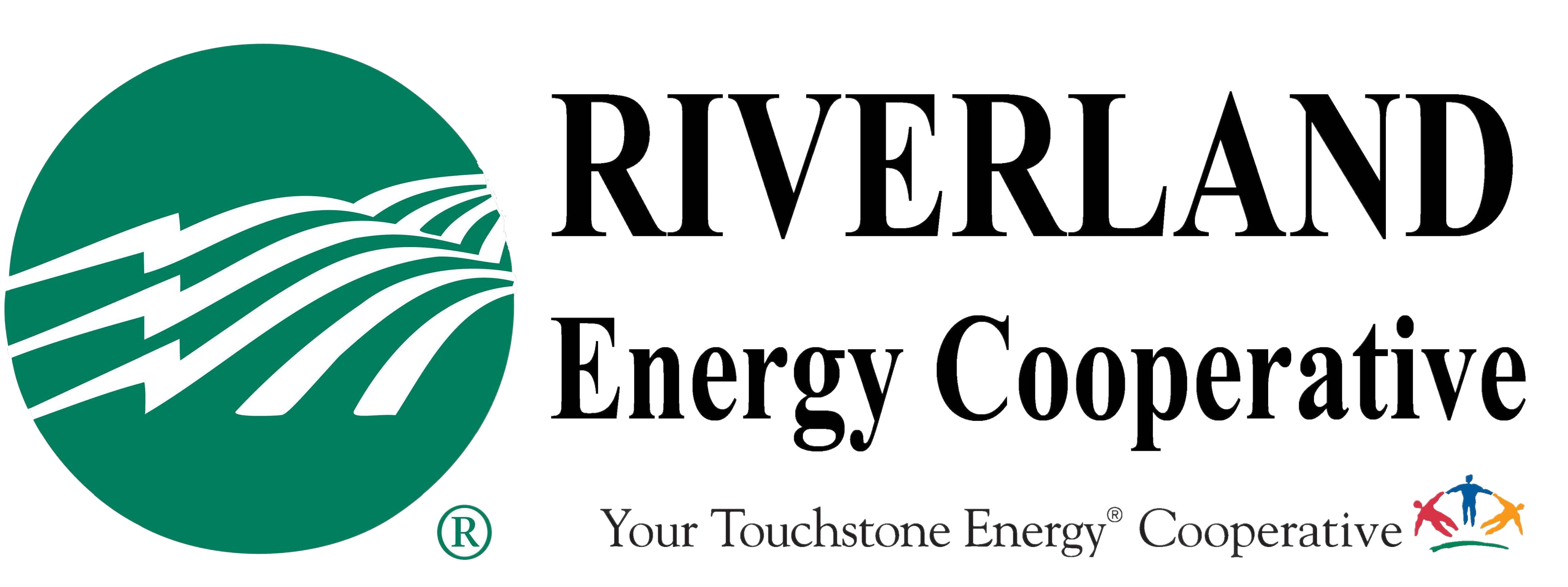Keeping the lights on is our mission. When the unforeseen happens, we are committed to getting the lights back on as quickly and safely as possible.
Stay Safe During an Outage and Around Power Lines
Power Line Safety after the Storm
Severe weather happens year-round. Tornadoes, hurricanes and other storms can seriously damage power lines and other electrical equipment. Storm damage causes dangers that lurk after a storm has passed. Safe Electricity and Riverland Energy encourages you to be aware of and prepared for those dangers.
- When you see power lines on the ground following a storm, stay away, warn others to stay away and contact the electric utility. Lines do not have to be arcing or sparking to be live. Any utility wire, including telephone or cable lines sagging or down could be in contact with an energized power line making they also very dangerous, so stay away from all of them.
- Be alert to the possibility that tree limbs or debris may hide an electrical hazard. A downed power line can energize things around it, such as chain link fences and metal culverts.
- Keep in mind that a line that’s indeed “dead” could become energized during power restoration efforts or improper use of generators.
- If you are driving and come upon a downed power line, stay in your vehicle, warn others to stay away and contact emergency personnel or the electric utility. Never drive over a downed line. It could cause poles or other equipment to come crashing down.
- If you are in a car that has come in contact with a downed power line, stay in your vehicle. Wait until the utility has arrived and de-energized the line. Warn others not to approach the car. If you must leave your car, only in the case of fire, jump free from the car and hop away from it with both feet together.
- If you have a generator, know how to use is safely. If your generator is permanent, call a qualified electrician to install it.
Be Prepared for Storms!
To report an outage, call us at 1-800-927-6206
If your lights go off during a storm, be prepared for the power outage. Assemble supplies to have on hand rather than rushing around when the storm is coming and waiting in long lines for milk or bread. Rotate your supplies to keep them fresh and use the following checklist to prepare for power outages:
Have Plenty of Food
- Keep a 3- to 5-day supply of drinking water in plastic bottles. Plan on at least 1 gallon of water per person, per day.
- Store a manual can opener with enough nonperishable foods for 3 to 5 days. Canned meats, tuna fish and peanut butter are good foods to store. Don’t forget pet foods!
- Conserve water by using paper plates and plastic utensils.
- Have a camp stove or grill for outdoor cooking.
Stay In Touch
- Have a portable,battery-powered radio and alarm clock.
- Have one non-portable phone that will work even if power is interrupted.
- Plan where to meet and how to communicate with family members if separated.
Keep essential family member contact information near your phone, in your wallet, and in your glove compartment.
Keep Things Going
- Keep plenty of gas in your car.
- Keep extra batteries, matches, propane, charcoal and firewood.
Stay Happy, Healthy and Warm
- Coordinate with neighbors for care of the elderly and disabled living alone.
- Maintain a supply of prescriptions, nonprescription drugs, vitamins and special dietary foods.
- Playing cards, books, drawing and writing supplies, and board games help pass the time. If you have a video camera and tapes, your family can make a storm documentary.
- Keep sanitary and personal hygiene supplies replenished. Pre-moistened cleansing towelettes are useful and help conserve water.
- Use plastic trash bags and ties for garbage.
- Put first-aid kits in your home and car.
- Make sure you have cold weather clothing, foul weather gear, blankets and sleeping bags.
- Consider purchasing alternative UL-approved heating devices. For example, a fireplace insert or wood stove will keep the heat in your home instead of up the chimney.
- Use flashlights and other battery-operated lighting instead of candles.
- Keep fire extinguishers fully charged.
- Fill your bathtub with water for bathroom use before the storm (if you have a well).
